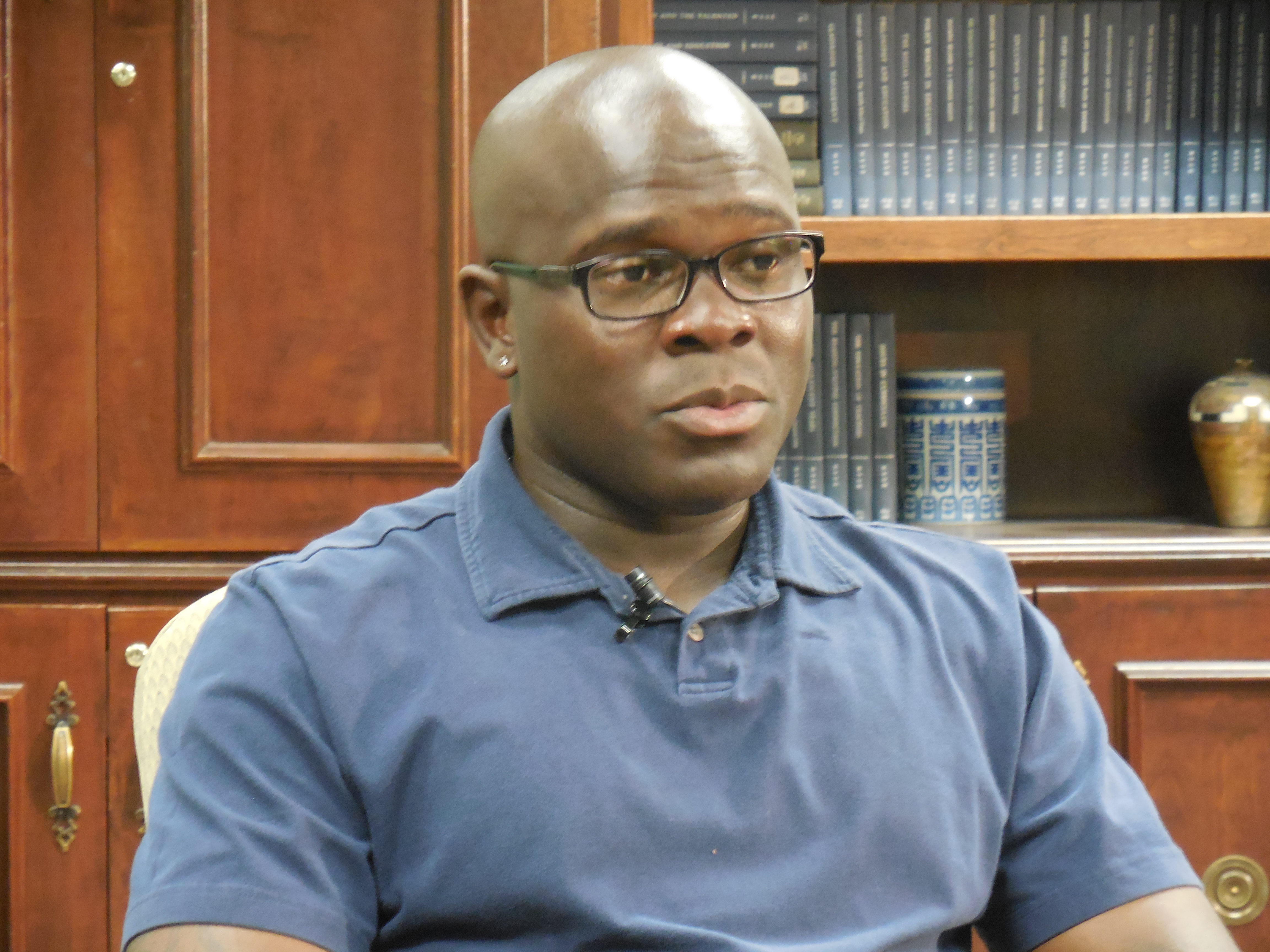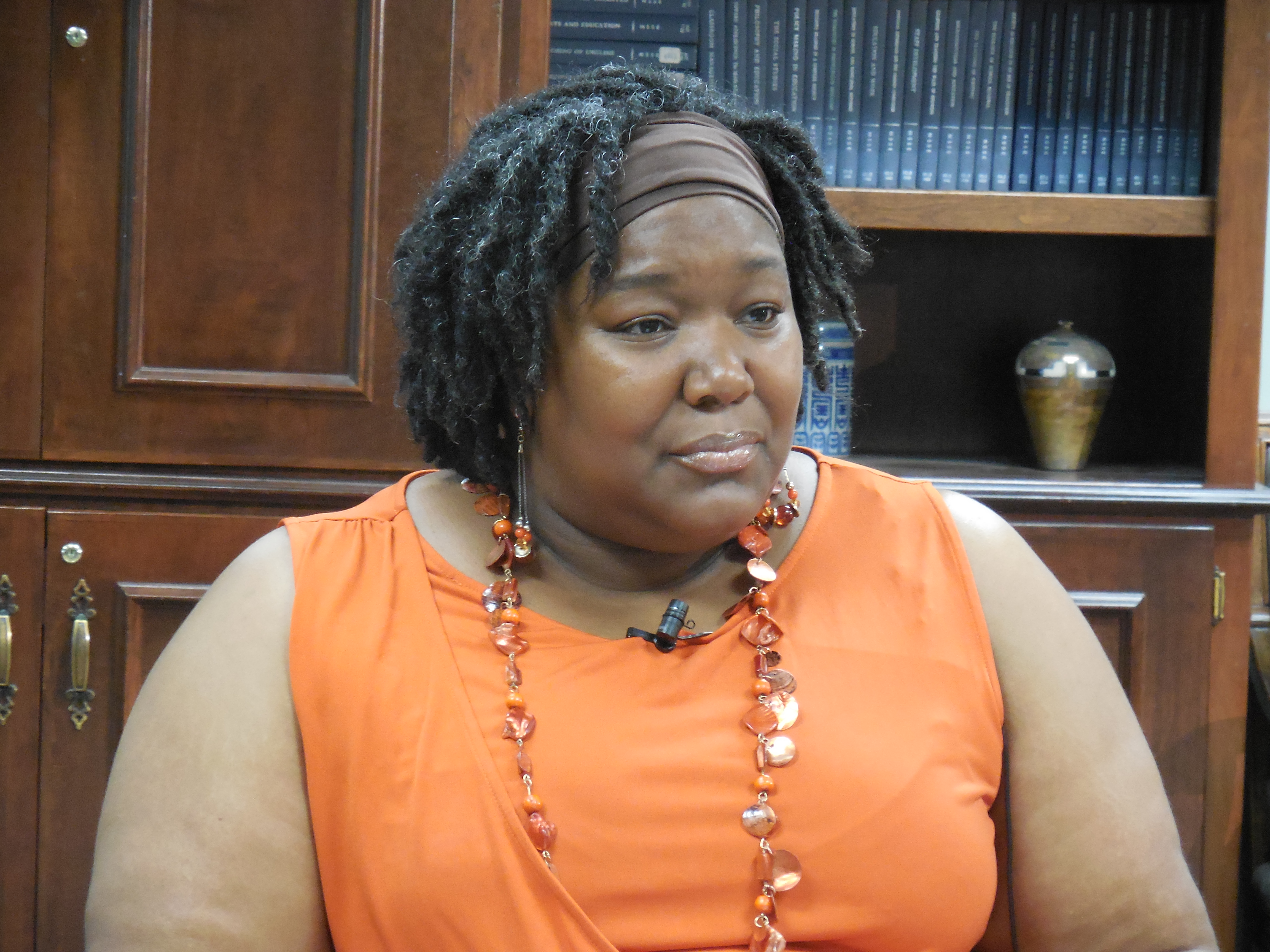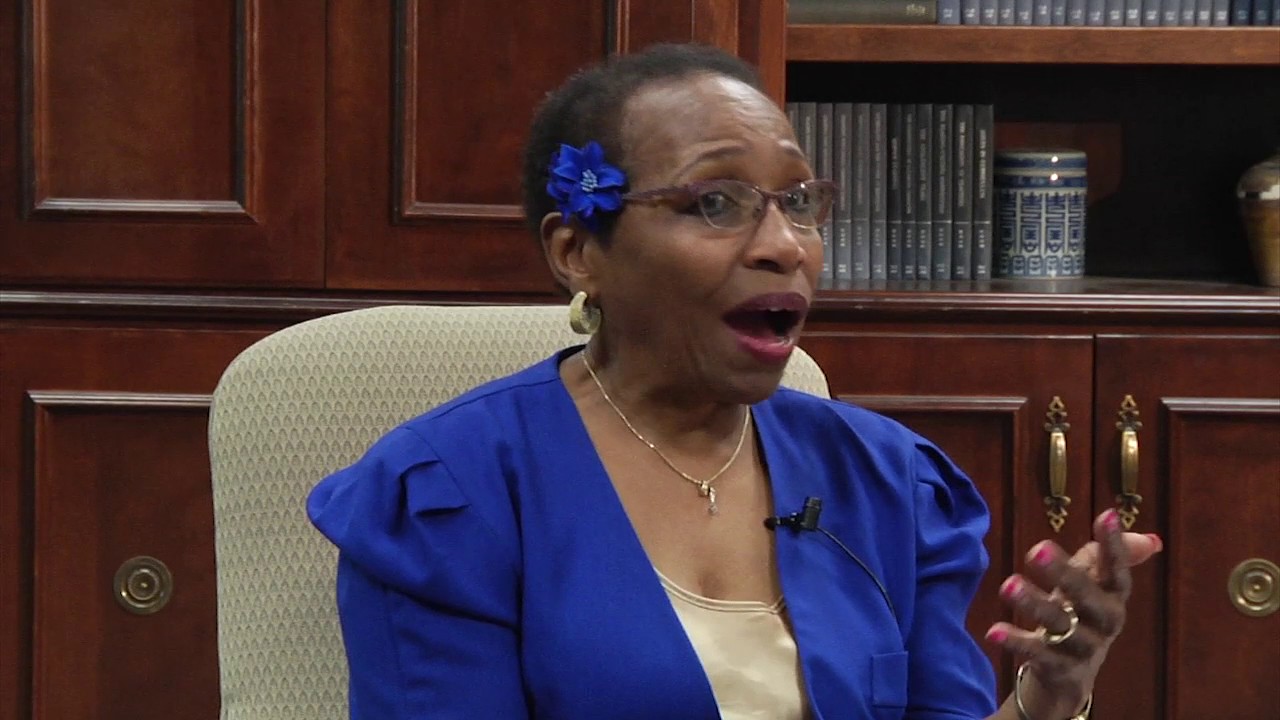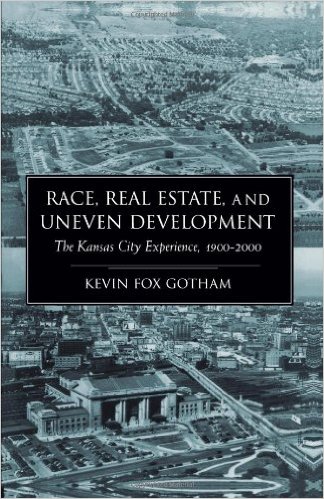Phyllis A. Washington, former principal of E.F. Swinney in the Kansas City, Missouri School District, shares her experiences at the beginning of the Missouri v Jenkins court mandated school desegregation.
 Joseph Allen
Joseph Allen
Lee Allen

Lee Allen transferred to the district in fourth grade from a Catholic School and attended Pinkerton Elementary School, where a Latin Grammar theme was implemented in 1987; the start of the magnet themes to attract white students back to the district. Yet the two years he attended Pinkerton, it was the school was attended predominantly by African American students. He described the teachers as having high academic expectations and challenging students. Lee’s memories of school desegregation were of taxi rides and magnet themes. He later attended Lincoln College Preparatory School in 1989 in sixth grade and described several white students who took taxi rides to school. One student came as far as Odessa, Missouri with a forty-minute taxi ride, others from Lee Summit and surrounding suburban schools to take advantage of Classical Greek and Computers at Central with fencing, wrestling, and diving and the performance arts at Paseo High School.
School Desegregation Cases: The Life and Legacy of Dr. Eugene E. Eubanks
This documentary film was produced in 2012 by Dr. Jennifer Friend and Dr. Bonita Butner through funding provided by the University of Missouri-Kansas City’s School of Education – Kauffman Endowed Chair for Urban Teacher Education, Dr. Etta Hollins.
Dr. Eugene E. Eubanks, who died in 2011, was a professor in the UMKC School of Education and later its first African-American Dean, a post he held from 1980 to 1988. He later served as Professor Emeritus. Nationally known for his expertise in the areas of urban education, equity and desegregation, he was deeply involved in the community during his long career in Kansas City. He served as chair of the Desegregation Monitoring Committee, the court-appointed body overseeing the desegregation of the Kansas City, Missouri School District.
Eubanks was a consultant to the United States Commission on Civil Rights and distinguished himself as a consummate scholar, having published numerous journal articles and serving as the Editor of the Journal of the National Alliance of Black School Educators. He received the W.E.B. Dubois Award from that same organization in 1997. He served as both President and Board Chair of the American Association of Colleges of Teachers in Education and was presented with that organization’s highest honor, the Pomeroy Award. He also earned the U.S. Department of Education’s John Stanford Education Heroes Award.
Catina K. Taylor

Catina K. Taylor was a student in the Kansas City, Missouri School District during 1971 to 1997; she attended Blenheim Elementary School and graduated from Southeast High School. The change she experienced at this time was in the teaching staff from black teachers to white teachers. However, the education did not change – all teachers appeared invested in their education. She said that while we legally segregated schools in the past, dismantling the system caused families to take flight. “The profound statement that I do not want my children to go to school with you, as a child you wonder why?”
Anne Frederick

Anne Frederick noted the wonderful training that she received from the district from being there from 1971-1997. She began as a Title 1 Language Development teacher in 1975; her career in the district ranged from Title I teacher in varied roles to Reading Recovery teacher in 2006, when she retired. She described the early efforts of Plan 6C to desegregated schools which focused on withdrawing boundaries. During the later court order plan, she always worked in the traditional schools. There are still unresolved feelings about access to schools and the 40/60 ratio used to integrate schools which affected both students and teachers.



